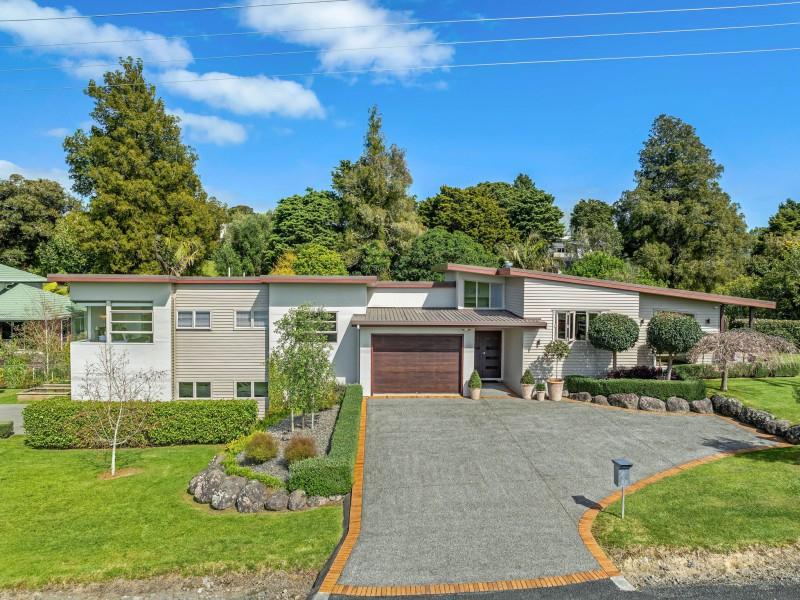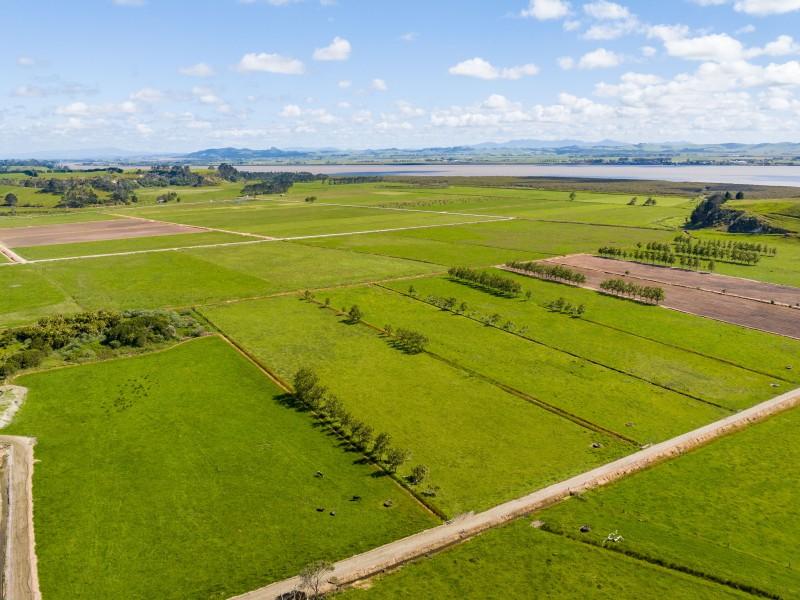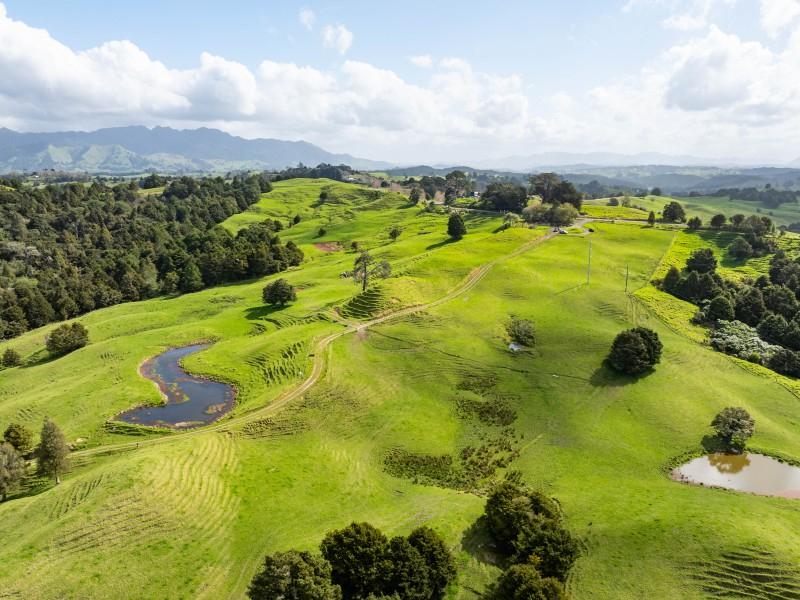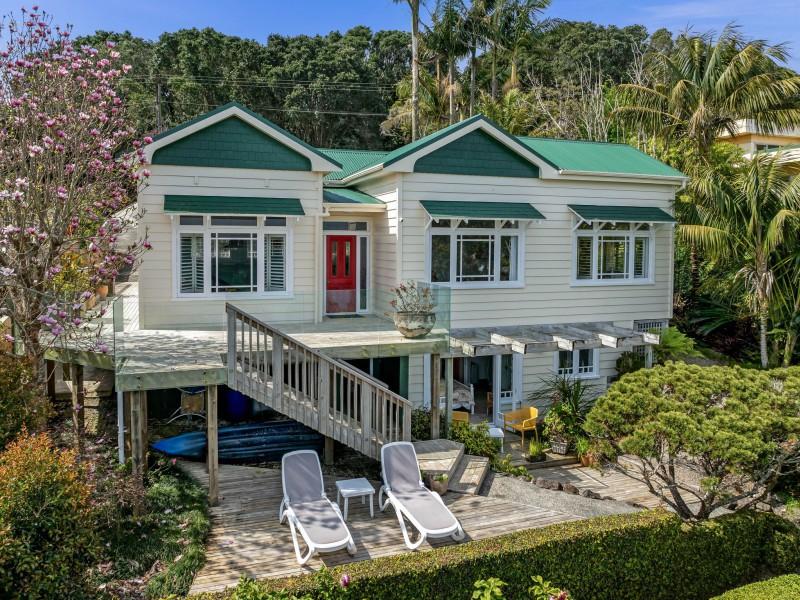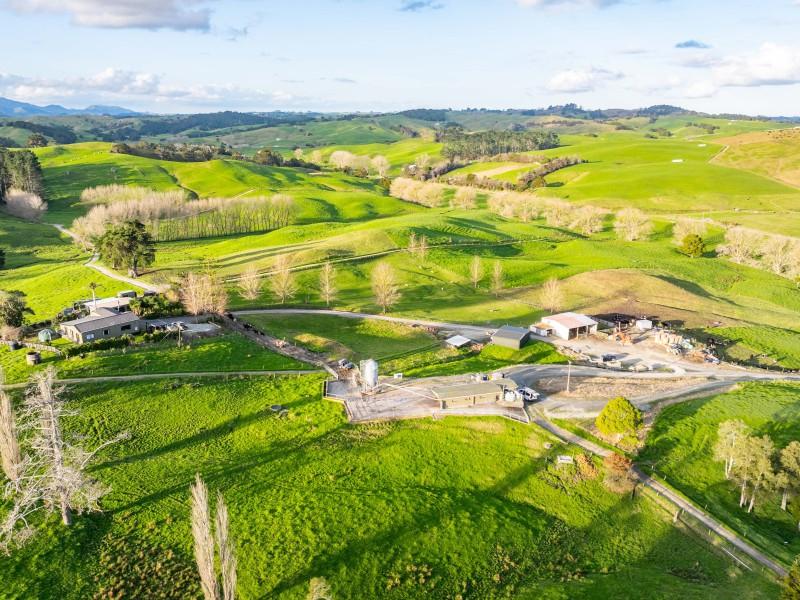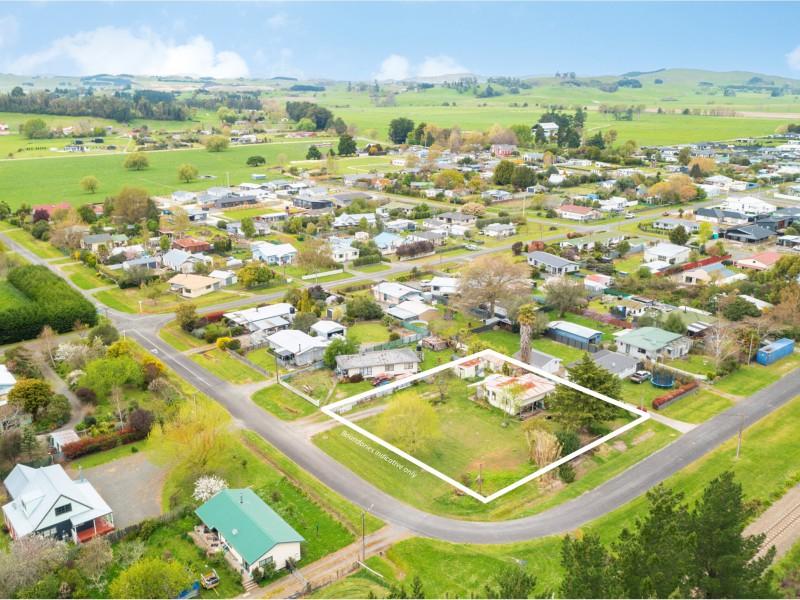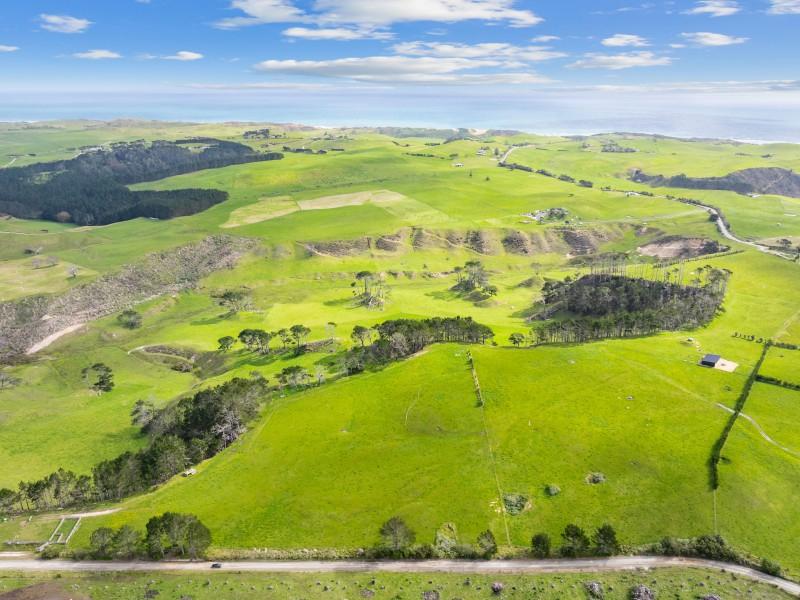For a truly personal funeral experience - talk to the experts
Morris & Morris have been serving the communities of Northland for over 60 years. We are proud of our reputation as experts in our profession. Believing in the importance of a meaningful farewell as part of healthy grieving forms the basis to all that we do.
We have funerals for many essential reasons, including a means of expressing our beliefs, thoughts, and feelings about life and death. The purposes of the funeral ceremony can be summed up in the following ways:
Reality: It's hard to truly accept the finality of death, but the funeral helps us to begin to do so. At first, we accept it with our heads, and only over time do we come to accept it with our hearts.
Recall: Funerals help us begin to convert our relationship with the person who has died from one of presence to one of memory. When we come together to share our memories, we learn things we didn't know, and we see how the person's life touched others.
Support: Funerals are social gatherings that bring together people who cared about the person who died. Funerals are in remembrance of the person who passed, but they are for the living. The funeral is a special time and place to support one another in grief.
Expression: When we grieve but don't mourn, our sadness can feel unbearable, and our many other emotions can fester inside of us. Mourning helps us heal, and the funeral is an essential rite of initiation for mourning. It helps us get off to a good start and sets our mourning in motion.
Meaning: Did the person I love have a good life? What is life, anyway?
Why Do We Die?: There are no simple explanations, but the funeral gives us a time and a place to hold the questions in our hearts and begin to find our way to answers that give us peace.
For the answers to all your questions and for advice and assistance, give us a call on 09 437 5799 or email us: office@morrisandmorris.co.nz

What workplace change would you like to see most?
This coming Monday is Labour Day in New Zealand. This public holiday marks when the eight-hour workday and 48-hour workweek became law in 1899. The idea started with Samuel Parnell, a carpenter in Wellington, who in 1840 refused to work more than eight hours a day. Since skilled workers were in short supply, his employer had to agree.
As more skilled workers arrived, employers tried to change working conditions, but Parnell and others kept pushing for better rights. In 1890, Parnell led a Labour Day parade of 1,500 people to promote the eight-hour day. He passed away shortly after, and nine years later, Labour Day became an official public holiday.
Do you feel that we have reached the ideal in working environments yet? What rights are you passionate about relating to employment? Share your thoughts!
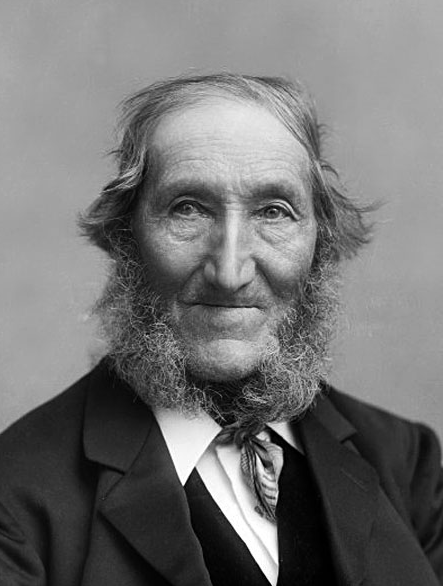
Poll: Does grocery bagging affect where you shop?
There's only a few differences between our larger chain supermarkets here in New Zealand. Having someone bag your groceries is one of them.
Does having your groceries packed for you at the checkout influence where you do your grocery shop? If so, tell us why.

-
24.1% Yes
-
75.2% No
-
0.7% Other - I'll share below
Six tips for improving security around your home
1) Improve outdoor lighting
Ensure that streets, driveways, and front yards are well-lit. Motion-sensor lights around homes deter trespassers by reducing hiding spots and illuminating their movements.
2) Trim your trees
Overgrown shrubs and trees provide cover for intruders. Keeping them well-trimmed around windows and doors improves visibility and reduces potential hiding spots.
3) Secure Entry Points
Ensure doors, windows, and gates are always closed when you are away from the house. Upgrade to more secure locks, deadbolts, or even smart locks for added protection.
4) Add a security camera
Place security cameras in the main entry points to your home. Doorbell cameras are also relatively cheap and a great way to keep track of who is visiting your home when you aren't there.
5) Start a Neighborhood Watch Program
You could reach out to members on Neighbourly to form a group of neighbors who can regularly keep an eye out for suspicious activity and report it. You could also check with Neighbourhood Support to see what is existing in your area.
6) Introduce yourself to your neighbours
The closer you are to your neighbors, the more likely they’ll notice when something unusual or suspicious is happening around your property
Feel free to share anything that you do around your area to deter crime.

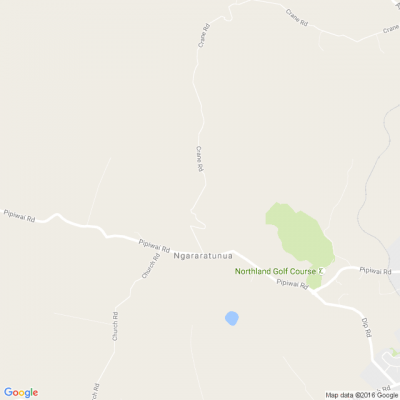
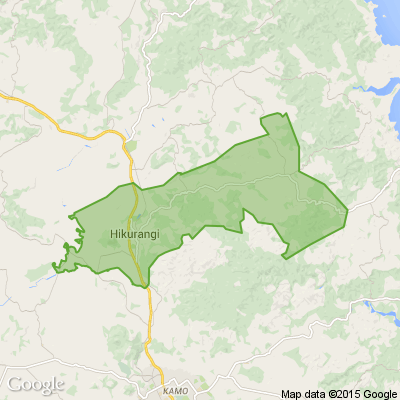





 Loading…
Loading…





